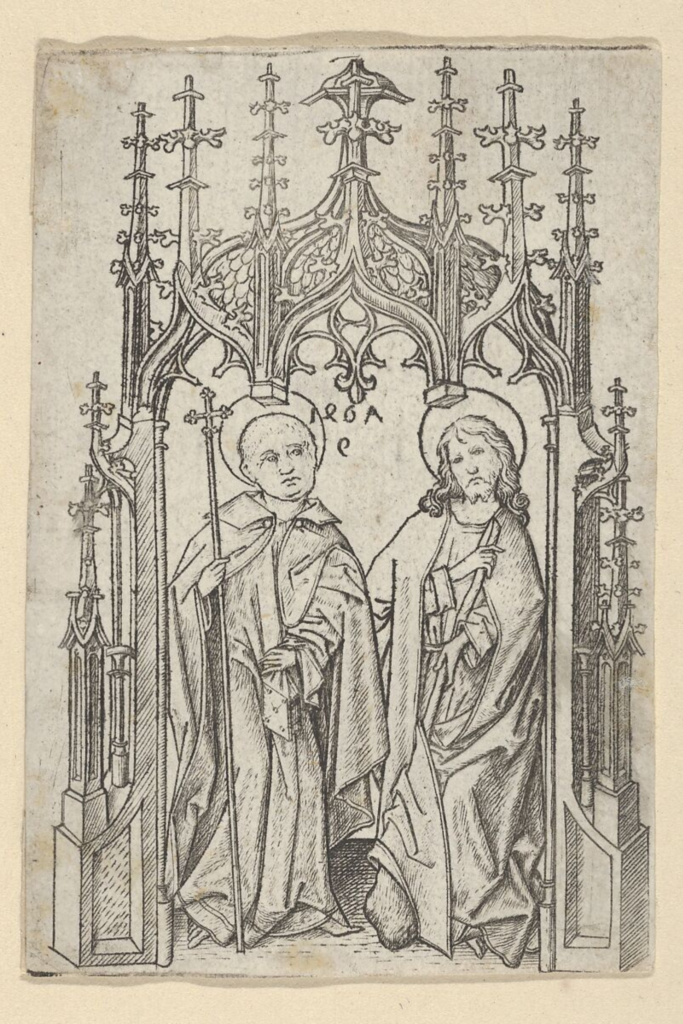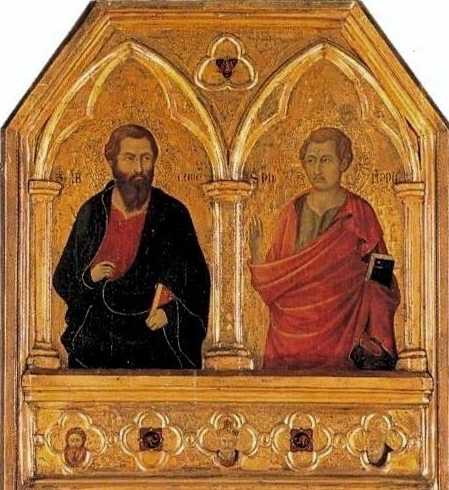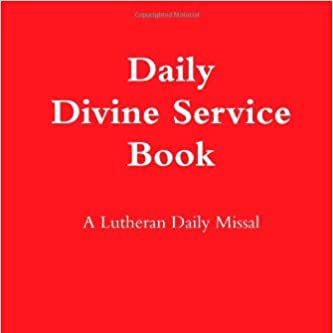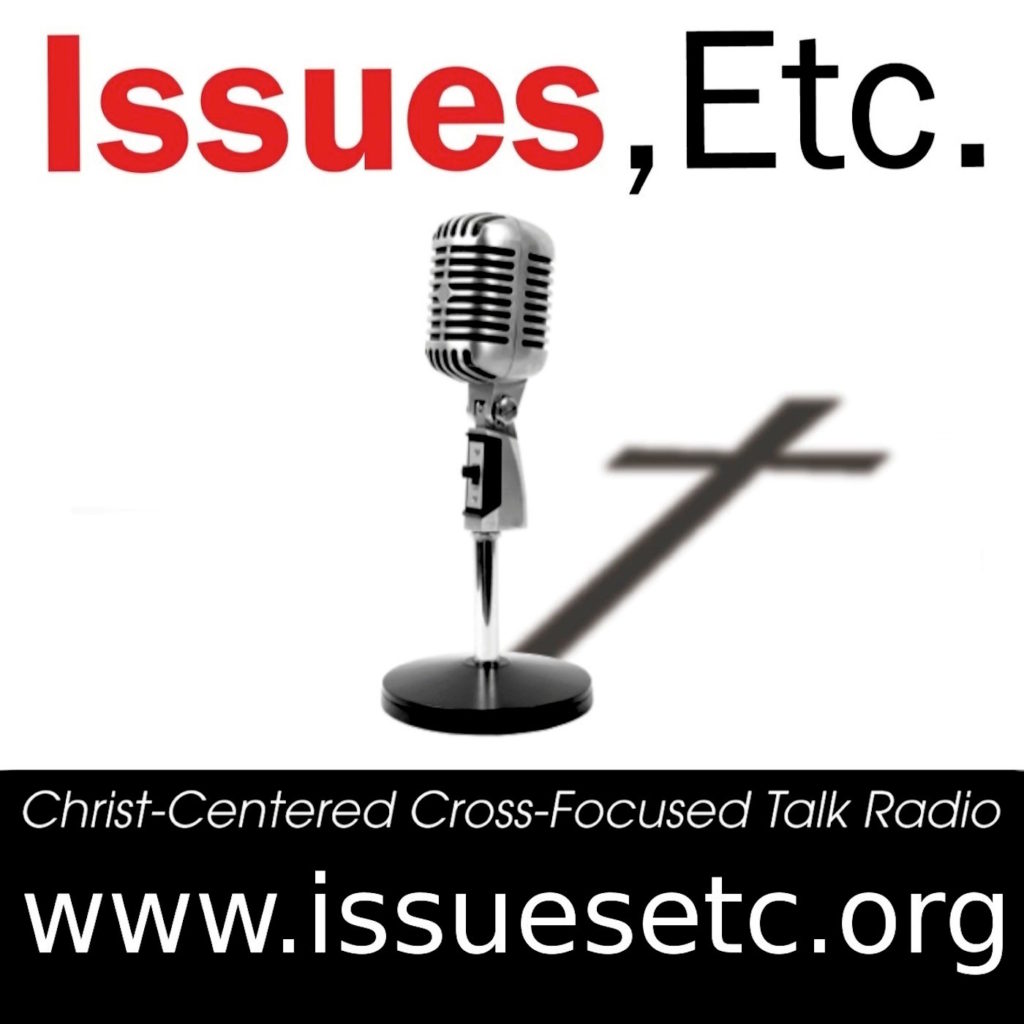Apostles and Martyrs

Saints Philip and James were two men numbered among Jesus’ twelve disciples. They were present with him from the time Jesus called them to join him in his ministry throughout his years of teaching and miracles and finally to the point of his suffering, death, and resurrection. Following the Lord’s resurrection and ascension, these apostles went on to be missionaries and martyrs whom the church remembers on May 1st.
Philip
Of the two men Jesus first called was Philip, who was a native of Bethesda where Andrew and Peter also originated. John’s Gospel tells us that Jesus sought him out, and in turn Philip went and called Nathanael to come and see the one about whom Moses and the prophets wrote—marking Philip’s almost immediate and remarkable confession of the Christ! Later in the Gospel Jesus tests Philip at the feeding of the five thousand by asking him where they can buy bread. Philip does not yet understand what Jesus means. He shows his lack of understanding another time when he requests that Jesus show him and the other disciples the Father. Jesus, ever patient with his disciples, teaches Philip: the Father dwells in me and I in the Father. Indeed, he explains to Philip that they are one! Further, a promise is attached to Jesus’ answer: the Father will grant whatever is asked in Jesus’ name (Jn. 14:8-14).
After Jesus ascended to the right hand of the Father, Philip was sent to begin his missionary work all over Judea and Samaria. Tradition holds that Philip later preached in Scythia and Phrygia (modern day Iran), where he was put to death by being crucified upside-down.
James the Less
As for James, we have written on the Jameses of the New Testament before and discussed how it can confusing at times confusing to keep the various Jameses mentioned in the Scriptures straight. In fact, there is still a debate going on today over the identity of these Jameses. Specifically, there is uncertainty regarding the man who is called the son of Alphaeus and whether he is one and the same as James of Jerusalem.
What we do know about James the son of Alphaeus, also known as James the Less (indicating either his shorter stature or younger age in comparison to James the Great)? First, we can see from Scripture that he also joined Jesus early in his ministry. Second, we know he is mentioned directly being “James, the son of Alphaeus” in the synoptic Gospels when he is named with the other eleven, a name that he is called again in Acts when the disciples are in the upper room following the resurrection.
James the Less was reportedly martyred in lower Egypt by means of a fuller’s club, or wooden bat, which became his symbol as an apostle and martyr.

Brief History
The commemoration of Saints Philip and James originated in the first centuries of the Christian Church, with its observance being recorded as early as the sixth century. The dating of May 1st comes, like for many other saints, from the date when their remains were moved to Rome and an official remembrance of the saints was created. This also indicates why the two share a festival on this day, even though they were not martyred together.
The Lutheran church has long shared in the broader Church’s thanksgiving to God for and celebration of these two apostles on May 1st, thus joining with the saints of all time who seek to imitate the great forerunners in the faith who lived in the likeness of Christ. These two men are certainly some of them, being a few of Christ’s first followers.
Collect
Almighty God, whom to know is everlasting life: grant unto us that, as Thy Son gave knowledge of life eternal to Thy Apostles Philip and James by revealing Himself to them as the only Way to Thee, we may by a true and living faith ever know Him as our only Savior; through the same, Jesus Christ, Thy Son, our Lord, who liveth and reigneth with Thee and the Holy Ghost: ever one God, world without end. Amen.
Lessons
Resources
Issues, Etc. interview with the Rev. David Petersen on Apostles Philip and James

Propers found in Daily Divine Service Book: A Lutheran Daily Missal, edited by the Rev. Heath Curtis
References:
1. Lindemann, the Rev. Fred H. The Sermon and The Propers, Volume II: Pre-Lent to Pentecost. Concordia Publishing House. 1958.
2. Pfatteicher, Philip H. Festivals and Commemorations. Augsburg Publishing House. 1980.
3. Weedon, William. Celebrating the Saints. Concordia Publishing House. 2016.
Images:
1. St. Philip and St. James the Less, from the series The Apostles, Master ES, Germany, 15th century.
2. Apostle St. James the Elder and Philip the Apostle, Ugolino di Nerio, Italy, ca. 1325.



[…] Philip whose name is Greek and who also likely knew the Greek language was called to a life of mission work in the ancient Greek, Scythian, Phrygian regions. The Gospel tells of Philip’s relationship with these Greeks who wished to see Jesus. Philip approaches Andrew, and together they go the the Lord on these Greeks’ behalf. […]